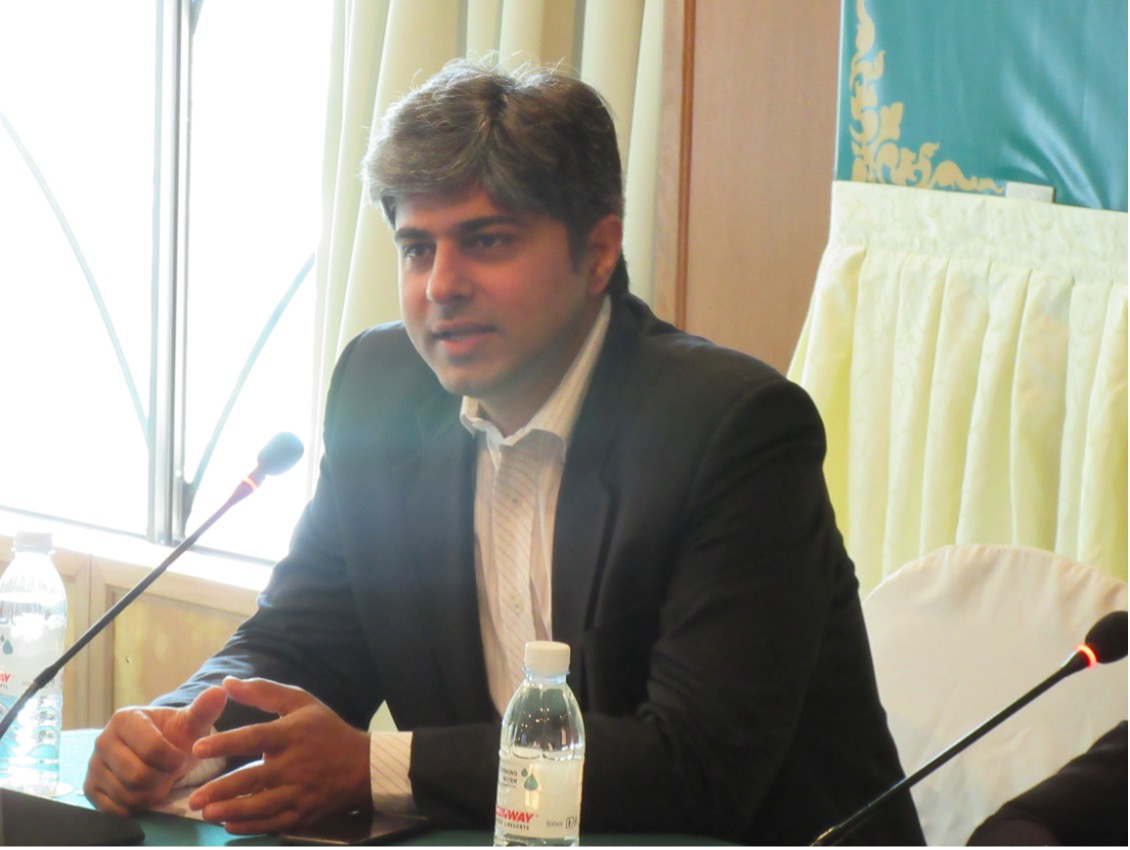Bio
 Dr Yatan Pal Singh Balhara is currently serving as an Additional Professor of Psychiatry at All India Institute of Medical Sciences (AIIMS), New Delhi, India. At AIIMS, he runs the Dual Diagnosis Clinic and Behavioral Addictions Clinic.
Dr Yatan Pal Singh Balhara is currently serving as an Additional Professor of Psychiatry at All India Institute of Medical Sciences (AIIMS), New Delhi, India. At AIIMS, he runs the Dual Diagnosis Clinic and Behavioral Addictions Clinic.
He is serving as Secretary General of the World Association on Dual Disorders (WADD).
Dr Balhara offers consultancy to World Health Organization and UNODC and is a Global Master Trainer on Drug Demand Reduction for The Colombo Plan and UNODC.
Dr Balhara is coordinator of “BehavioR”- the regional resource hub on behavioral addictions and ‘master’- online resource hub and telehealth portal on Mental Health and Addictive Disorders.
He has published more than 250 research papers in peer reviewed journals on issues related to addictive disorders and mental health.
Abstract
Leveraging digital health to strengthen the capacity of addiction professionals in response to the COVID -19 pandemic: Initiatives and experience from Southeast Asia region
Objective:
The presentation offers an overview of initiatives taken by our group for strengthening capacity of addiction professionals in Southeast Asia region following the COVID -19 pandemic.
Rationale:
The COVID- 19 pandemic and restrictions imposed on travel, gatherings, conduct of scientific events, rendered existing systems of learning and training dysfunctional. The situation has not yet reverted to previous state.
Methodology:
We leveraged the digital health to develop resources that could be accessed by addiction professionals from across Southeast Asia region.
Result:
An online learning hub on alcohol use disorders was created to meet increased demand for skill set to manage alcohol use problems. COVID-19 Mental Health and Psychosocial Support Resources (C-MHPSR) is an online resource centre for screening, diagnosis, and intervention for common mental and addictive disorders. With the support from WHO SEAR, a project to build an Online Resource Hub on Mental Health and Addictive Disorders for Southeast Asia has been launched. The hub will host resources that will be available to health care providers in region's member nations.
Conclusion:
The initiatives targeted at addressing the challenges posed by the pandemic have offered innovative solutions that continue to shape the capacity building of addiction professionals going ahead.
